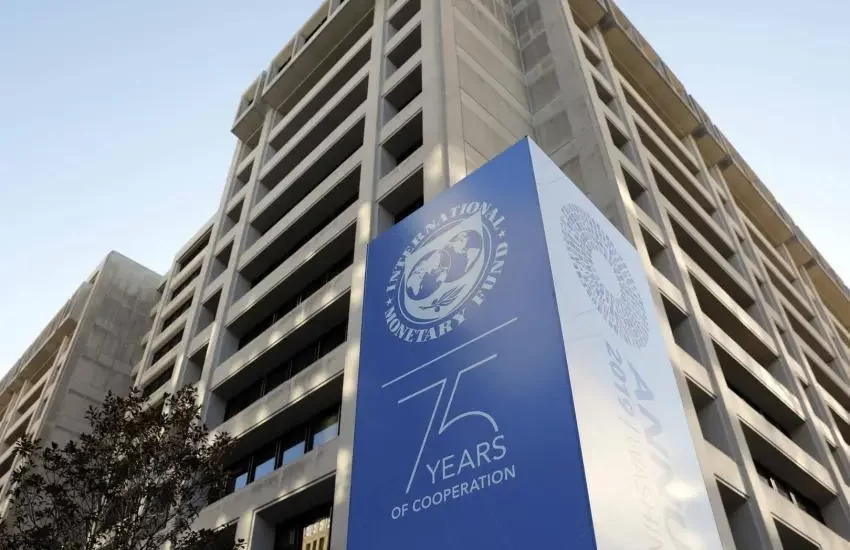- October 7, 2023
- Posted by: ife
- Categories: Economics, Finance

The World bank under the Zambia Devolution Support Project will fund the Zambia government as the country targets to double the Constituency Development Fund – CDF allocation from the current K28 million (about $1.5 million) per annum to about K56 million (about $3 million) per annum from 2024.
According to the World Bank Zambia Devolution Support Program document made available to the Zambian Business Times – ZBT, the funds International Development Association – IDA has proposed to give the Zambian government a loan of $210 million to support the devolution Programe from 2023 to 2026.
The World bank in supporting the Zambia Devolution Implementation Plan – DIP noted that Zambia has high reliance on the copper mining sector and follows a path of extractive based growth.
“Zambia has a large rural – urban economic divide with high territorial inequities. Zambia though stable is characterized by weak governance, weak institution and limited accountabilities that has resulted in distorted policies and public resource allocation”.
CDF looks like an area that the new dawn administration will need to tightly manage to ensure that it delivers especially for the rural constituencies. Raising it from K1.6milllion which his predecessor left it at to initially K25 million was already a big jump, taking it to K56 million would be yet another milestone, abait financed via more debt contraction.
A check by ZBT with some legislators however review that CDF has serious limitations when it comes to urbanized and densely populated constituencies that need millions of dollars per annum to make meaningful and impactful investments such as roads and housing.
With the current common place complaints about economic hardships that is exacerbated by the high cost of living and a depreciation currency, decentralisation plan seems to be one of the few notable success areas that the new dawn administration has managed to make a visible mark and this may well be their legacy if well implemented over the successive years to follow
As for national Debt resolution, the nation has now entered June 2023 with no clear roadmap or novel ideas of how to get the restructure deal closed soonest. Zambia’s Finance Minister Dr. Situmbeko Musokotwane insists that there is no other way out, no plan B to the current route that has been taken but time has continued to run out as negotiations drag on.
Some economic and finance experts have challenged President Hichilema not to put all eggs in one basket but to seek a plan B or embark on an alternative and innovative economic solution in the event that the curent global geopolitics (West Vs East) delay the IMF and Western backed debt restructuring process.
Calls have also been made urging the new dawn administration to either reverse some tax incentives that are currently losing the treasury about $200m annually (about $1 billion in five years) or get time bound guarantees by the mining companies that are benefiting from the current incentive which promised huge investments in exchange.
